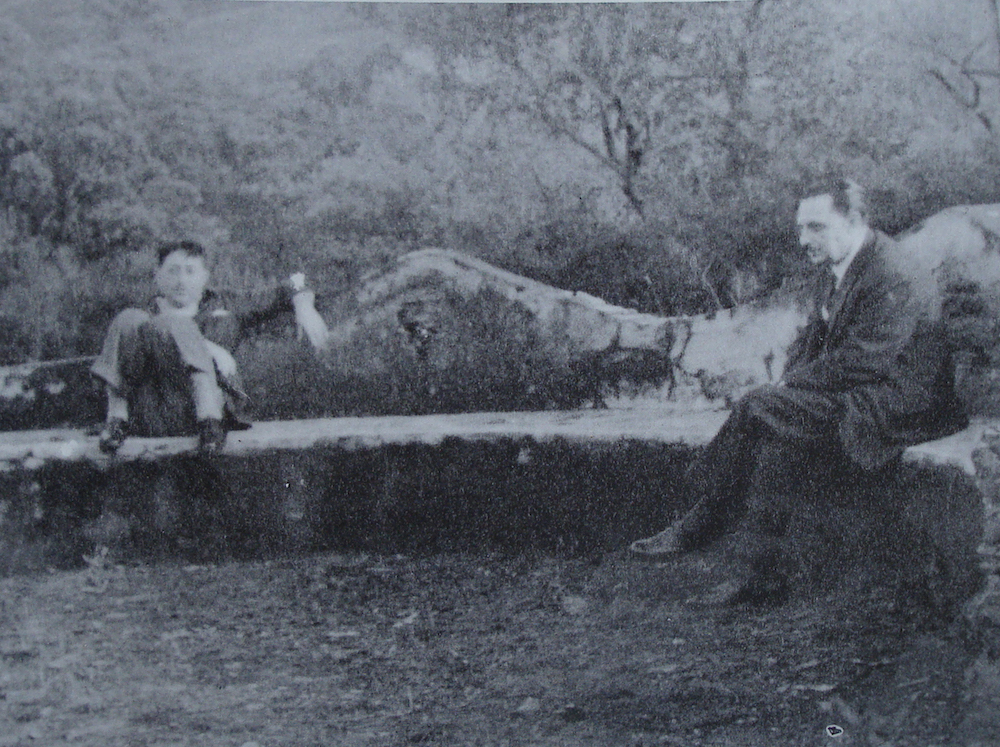Nell Zink’s Doxology is the first truly great novel to tackle the 2016 election. I’ve been a fan of Zink’s work since The Wallcreeper, but in this new novel, she’s sharper, slyer, than ever before. At times, it almost feels like she’s winking at Jonathan Franzen’s Freedom, with its indie-rock musician character and D.C. environmentalist subplot. But Zink turns everything on its head: the musician isn’t sexy but an idiot savant; the worldly D.C. operative isn’t greedy but instead trying to defeat Trump; the environmentalists’ idealism rapidly turns self-serving. And no one can write a one-liner like Zink: New York, for instance, is “a city devoted to making the labor theory of value look stupid.” In 2016, I briefly worked on the Hillary Clinton campaign. I’d never worked in politics before, and I’ll never work in them again; I joined the campaign out of a sense of fear, an obligation to do something, anything, in the face of Trump. We all know how that ended. But Zink, from her perch abroad, captures those doomed final days before November 8, 2016, more accurately than any breathlessly reported account from any political reporter or former campaign worker. “Hillary can beat a Republican, but she can’t beat a totemic forest spirit,” a character tries to explain at one point to a few hapless campaign staffers. It doesn’t work, of course. Nothing worked in real life either. But at least we have Nell Zink to show us how we got here. —Rhian Sasseen
Last week, as temperatures around the city topped a hundred degrees, a friend sent me the Denis Johnson poem “Heat.” The sonnet begins with an image of bedroom repose: “Here in the electric dusk your naked lover / tips the glass high and the ice cubes fall against her teeth.” The tone is redolent and, in typical Johnson fashion, slyly funny. But at the halfway point, the poem turns on itself, becoming frustrated, indignant. Heat has a way of doing that. As a fan of Johnson’s fiction, I’m slightly ashamed to say this was my first introduction to his poetry. Curious, I picked up a copy of his ornately titled collection The Throne of the Third Heaven of the Nations Millennium General Assembly, which I read while sizzling on a beach between jumps in the ocean. I’m glad I did. A few of my favorites—“Working Outside at Night,” “A Poem about Baseballs,” and “Looking Out the Window Poem”— are written in free verse, in plain language, about relatively banal subjects. But while the poems appear intent on declaring their ordinariness, on refusing elevation, they are quietly expansive, making room for the drama of the everyday. Each poem is, as Johnson describes the moon in the last line of “Heat,” held out to the reader “like a cup of light.” —Cornelia Channing

Lucio Piccolo and Giuseppe Tomasi di Lampedusa in Capo d’Orlando, late 1930s. Public domain, via Wikimedia Commons.
Ten years free of the school system’s yoke, I think summer still feels freer than the other months of the year. This past weekend, I suspended a few of 2019’s well-earned morals between two fans and burned through a classic summer read: Giuseppe Tomasi di Lampedusa’s The Professor and the Siren, a hot summer romance told as the recollection of a lion in winter. The titular professor is a respected academic who finds in a young broke (but well-born) reporter a supply of sea urchins and a suitable audience for the one love story of his life: his summer with a mermaid. Like everything Lampedusa touches, this story of a long-ago study break–turned–torrid affair is gilded with well-trimmed details—the stars over a mastic tree, the black cashmere sweater that is flattering on both men and women, the difference between the heat over the ocean and the heat in town—that counterbalance some of his more indulgent fancies. All of this sinks you right away into the Sicily of the imagination, where it is always summer and Lampedusa is always king. —Julia Berick
Nearly every scene in Lulu Wang’s latest feature, The Farewell, couples humor and grief, moving seamlessly from joyous moments to somber ones, intertwining the complicated business of losing someone (and, in this case, not even being able to acknowledge the loss) with the pleasure of spending time with loved ones. Scenes like the one spent by the grave of the main character’s grandfather conjure a mix of startling emotions. Midway through the series of bows led by Nai Nai (played by the intensely charming Zhao Shuzhen), I found myself with tears in my eyes while others in the audience laughed. This disconnect, however, wasn’t jarring—I understood why they were laughing as intensely as I felt the urge to cry. From one beautiful shot to the next, The Farewell places the joys and tragedies of life in constant and compelling conversation. —Noor Qasim
Much of Loretta Lynn’s music, paeans to the lives of blue-collar women in midcentury coal-mining country, has little to do with my own life. Yet when Loretta Lynn sings a song couched in jaunty guitar and lisping twang, I hear one of myself. She writes with a frankness that transcends particulars. “Fist City,” for example, is one of Lynn’s many songs dedicated to women who have designs on stealing her husband. Like Dolly Parton’s classic “Jolene,” this tale of infidelity thinks little about the man in question; it is a conversation in which women settle the matter between themselves. Unlike “Jolene,” however, in “Fist City” Lynn doesn’t plead but demands: “I’m not a sayin’ my baby’s a saint (’cause he ain’t) / and that he won’t cat around with a kitty / I’m here to tell you gal to lay off my man / If you don’t wanna go to fist city.” Feminism might like to tell us that men aren’t worth fighting with each other over—a nice, delicate idea that evaporates quickly in the heat of lived experience. Especially for Lynn’s women, a man isn’t just a man; he represents security (something affluent feminists can be wont to forget), and protecting that security sometimes means giving it on the chin to a floozy sitting too close. There is solidarity as well: her most controversial song, “The Pill,” is about a woman reclaiming her life after years of unwanted childbearing. Lynn’s songs feel like they’re written to an all-female world, one where we need not explain what’s wrong because everyone already knows. And though Lynn may raise her hackles, her bravado is mitigated by more sentimental songs, such as “Coal Miner’s Daughter,” which paints her hometown of Butcher Hollow, Kentucky, as a rural haven (poor, full of love and happiness) and mourns the loss of her childhood there. Go listen to the album Honky Tonk Girl: The Loretta Lynn Collection until you hear a song that you recognize as your own—it’s not a matter of if, but of when. —Lauren Kane
from The Paris Review https://ift.tt/2Kfg92Z


Comments
Post a Comment